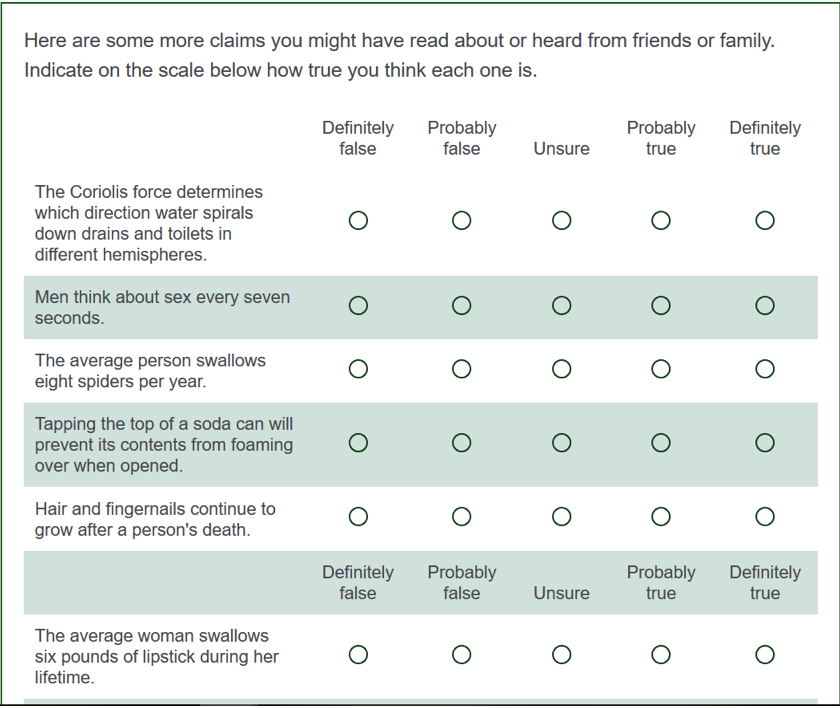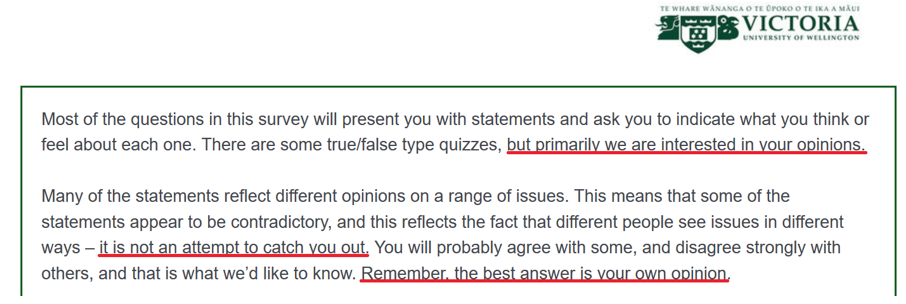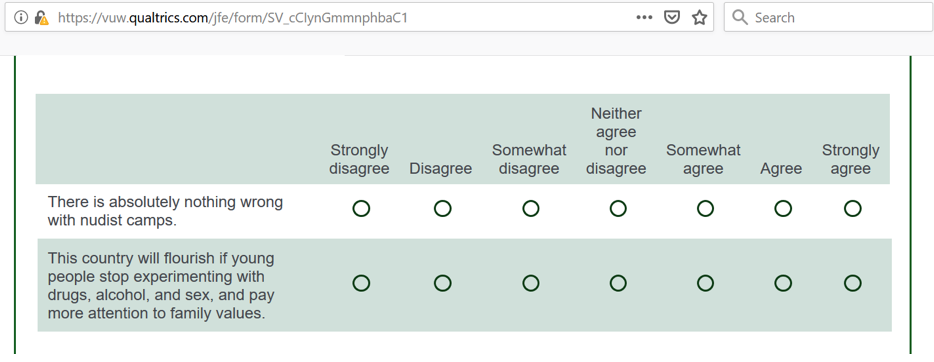Table of Contents
Read all about it; Fake Science, brought to you by Victoria University and published in the Sunday (All the news that’s fit to fake) Star Times of April 7th.
Breathlessly beginning the fakery with “Almost half of respondents to a large-scale science survey believe toilet water spirals in different directions depending on the hemisphere of the country”, and continuing “[researcher] Kerr was surprised 48.5 per cent of the 1000 respondents said they believed the Coriolis effect extended to water travelling down drains” before getting to the subtle jab “The respondents so far were educated, slightly older, and mostly white.”
What I know about drainpipes is that they harbour rats, as does the shonky ‘survey’.
Let’s unravel the bull-dust on display shall we? It is not a ‘large-scale’ exercise: just about 1000 folk have completed it, that’s 0.0022% of our population. It is not at all a ‘science survey’, it is a questionnaire on opinions very heavily weighted to attitudes about global warming, social justice, and free-market economics along with a couple of pages consisting of quiz questions relating to urban myths, some more ridiculous than others, and difficult to take seriously. Don’t believe me? See it for yourself:

The rats I suspected in the questionnaire’s drainpipes were numerous. It reminded me strongly of a very similar discredited ‘survey’ conducted in the USA and Australia with loaded, misleading, questions goading the gullible to conclusions suiting the compilers prejudices and which, when the data had been suitably and creatively manipulated, led the authors to announce:
quote.“Our findings parallel those of previous work and show that endorsement of free-market economics predicted rejection of climate science. Endorsement of free markets also predicted the rejection of other established scientific findings, such as the facts that HIV causes AIDS and that smoking causes lung cancer. We additionally show that, above and beyond endorsement of free markets, endorsement of a cluster of conspiracy theories predicted rejection of climate science as well as other scientific findings.”end quote.
This resulted in world headlines along the lines of Climate Deniers and Moon Hoaxers – Same Thing!
Well, well, what a coincidence; some of the very same lines of questioning from professor Lewandowsky’s shoddy work appear in the Vic ‘survey’. Amazing, eh?
Here’s my prediction: joint author Mr Kerr, a PhD student, will announce the results of his ‘scientific survey’ in about eight months. It will conclude global warming skeptics are mainly old, white free-marketeers who buy into urban myths and, by implication, can be confidently disregarded.
What else, except intellectual dishonesty, are we to make of a person prepared to state “48.5 per cent of the 1000 respondents said they believed the Coriolis effect extended to water travelling down drains” when, as you can clearly see, it was not a straightforward ‘true-or-false’ question but a five-scaled choice of options, with four of the options indicating a level of uncertainty. Perhaps Mr Kerr could clear up the question by coming clean and stating how he arrived at 48.5% respondents ‘believing’ the urban myth.
One could almost claim the rhetorical statement was couched in a confusing way in the survey. Why say The Coriolos force determines which direction water spirals down drains and toilets in different hemispheres when Water spirals down drains and toilets in the opposite direction in the Northern hemisphere would have been a much clearer, but equally false, proposition? Was the term Coriolos force, which most people have never heard of, added for gravitas, to make the statement sound kosher, to mislead? You be the judge.
Further; can we trust a survey that explicitly, repeatedly, asks for our opinions?:

Opinion? (noun): 1. A view or judgement formed about something, not necessarily based on fact or knowledge. (Oxford) but which, when regurgitated from Mr Researcher, has morphed into belief: Belief (noun): 1. An acceptance that something exists or is true.
Without wanting to be called among the conspiracy theorists or urban myth-fits the researchers are devoting their considerable combined intelligence to: I believe the survey is a crock, a complete facade.
But hey, don?t take my word for it, take the survey yourself; you have the rest of the week to complete it and, who knows, you might find the science fun.

As for the conclusion regarding ‘white’ people, or ‘mostly white’, swallowing these urban myths: correct me if I’m wrong, but I didn’t see that choice of ethnicity in the selection box.
PS: The ‘Coriolis effect’ (the reversal of flow direction in opposing planetary hemispheres) is real, it does act on bodies of water, including in very large receptacles of the stuff, in the absence of other disturbances, but cannot be reproduced in a simple basin, sink or toilet bowl; they’re just too small and the effect too weak on such a miniature scale.






